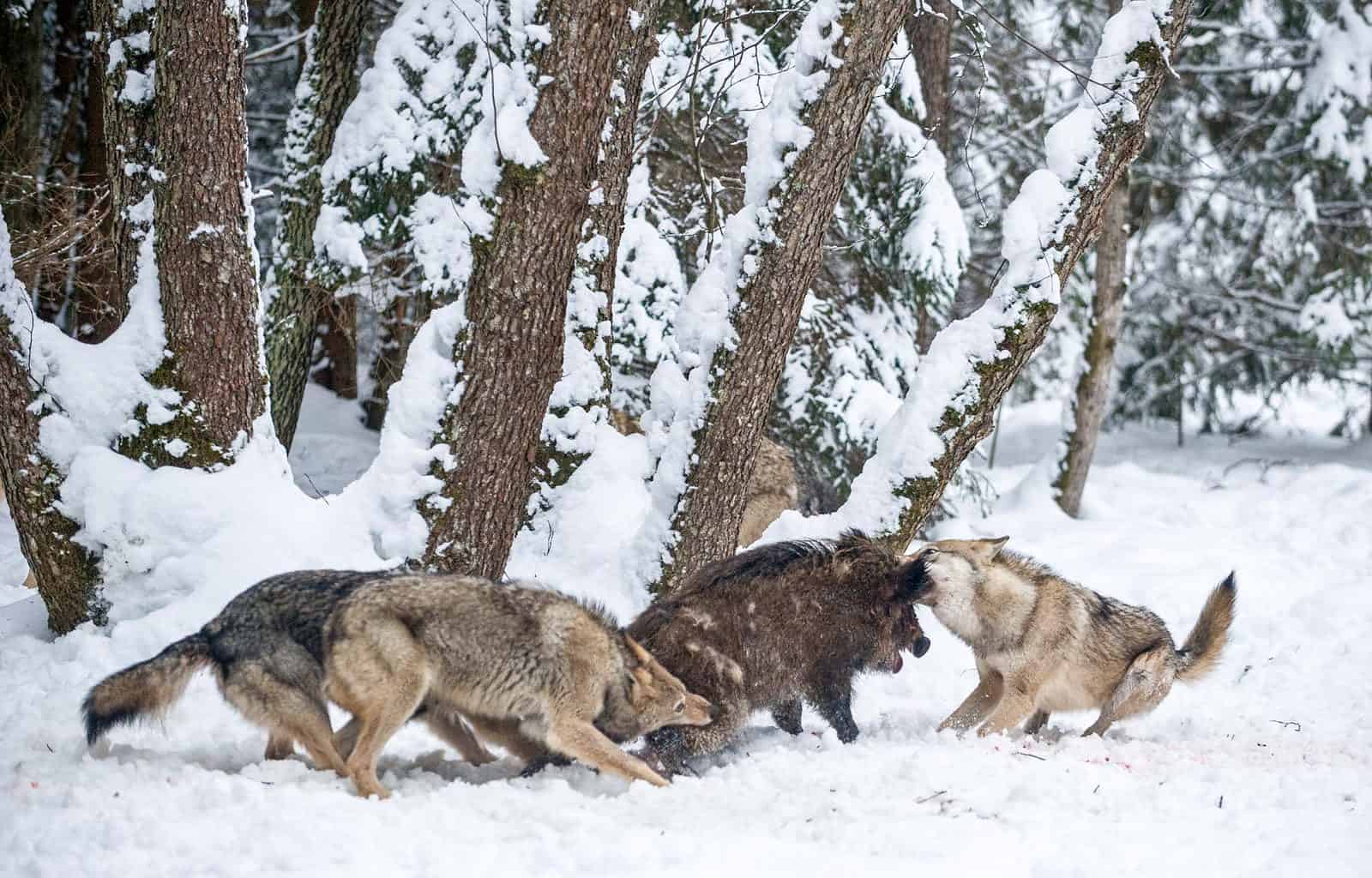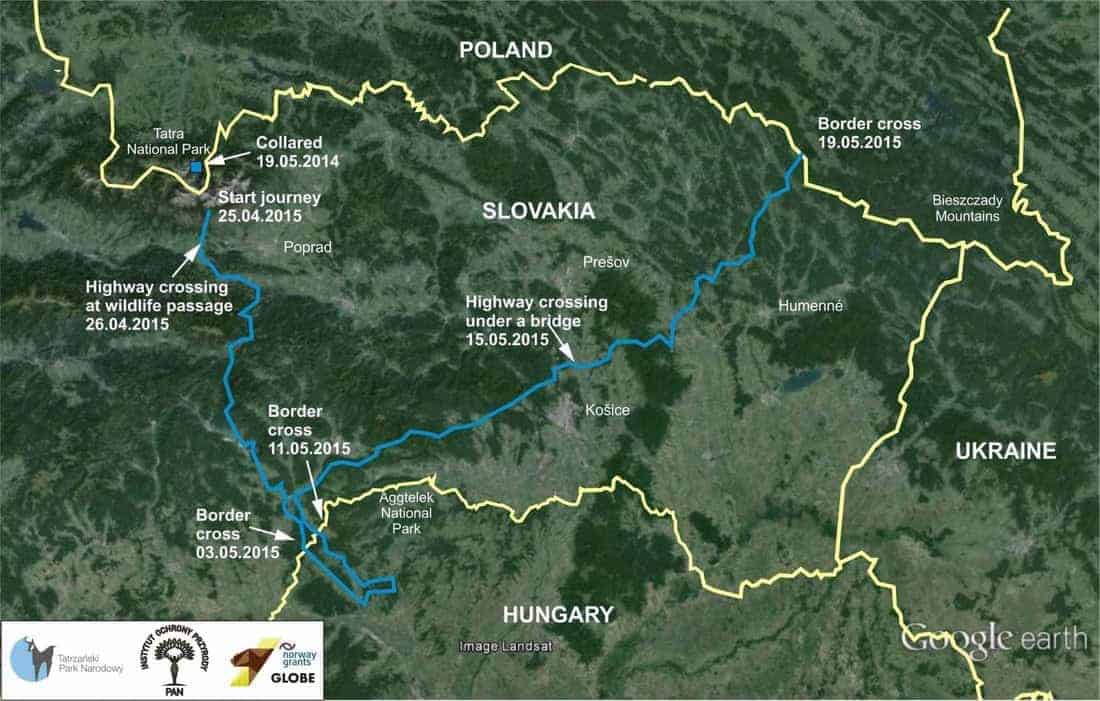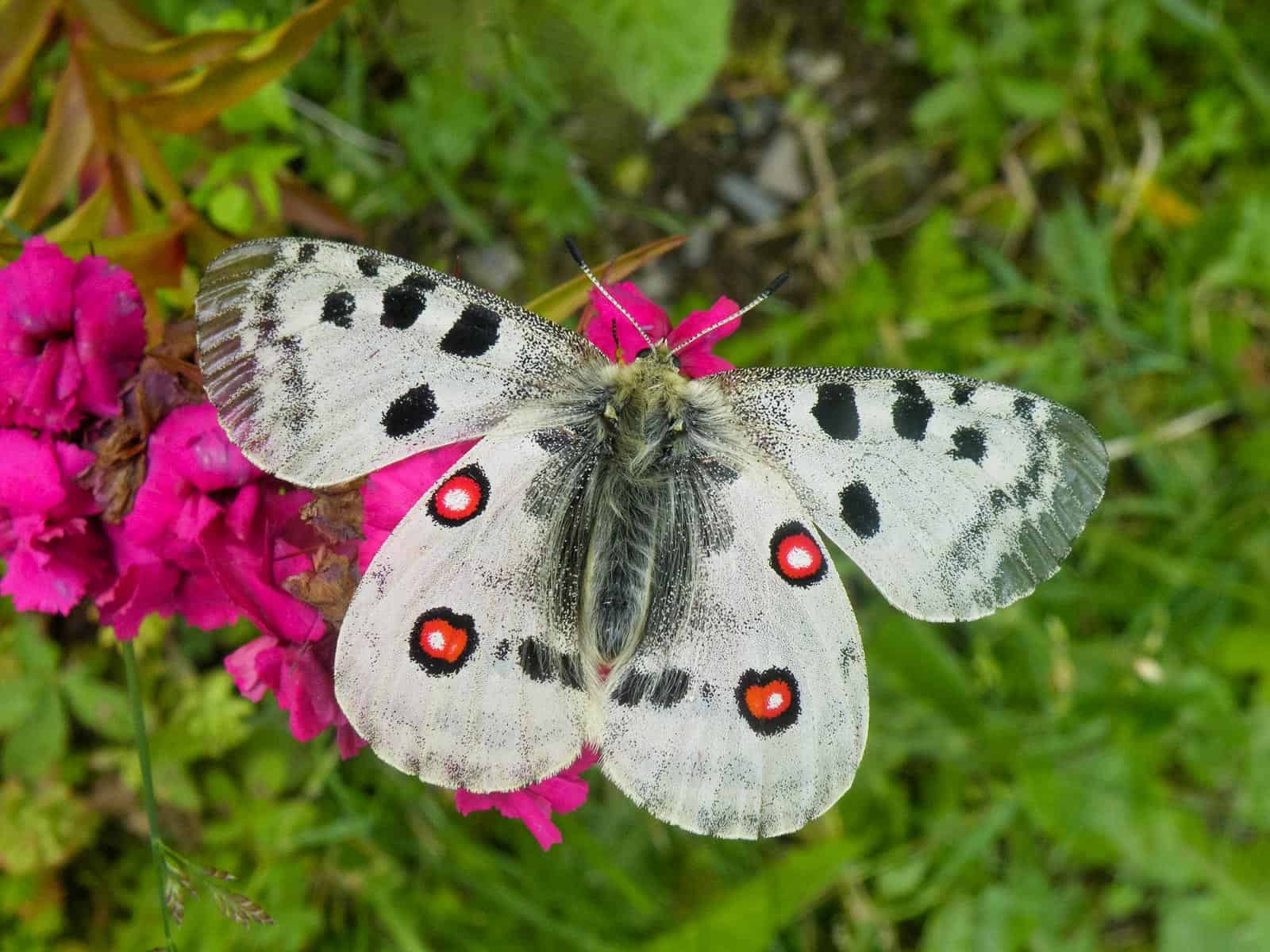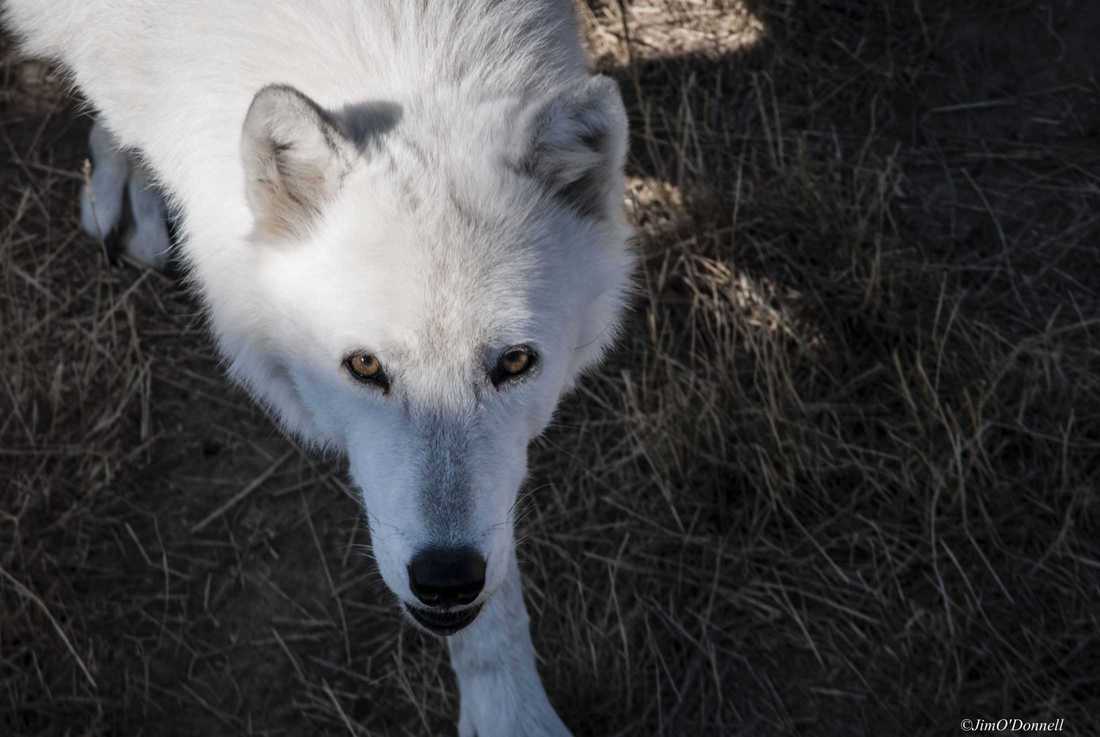Wolves create healthy ecosystems
Scientists have widely studied the impact of wolves on the ecosystems. The famous example from Yellowstone shows how ungulate behaviour changed, resulting in a landscape transformation. Another example is the relation between wolves and swine fever in Slovakia. The wolves take out the sick individuals, stopping disease outbreaks from spreading. A newly published study found that wolves also reduce the spread of tuberculosis amongst wild boar. It is for a good reason that some call them ‘the doctors of the wild’.
Please also read: Wolves manage disease outbreaks
Wild boars as disease reservoirs
Wild boar are the main resource of tuberculosis amongst wildlife in Europe. The newly published study from Tanner et al., shows how wolves reduce prevalence of the infection. Contrary to what some believe, the impact of this wolf predation on wild boar does not threaten the wild boar population. In fact, the depredation rate compensates the loss of death by the disease. Wolves lead thus to a healthier population of wild boar, minimising the risk of various disease outbreaks.
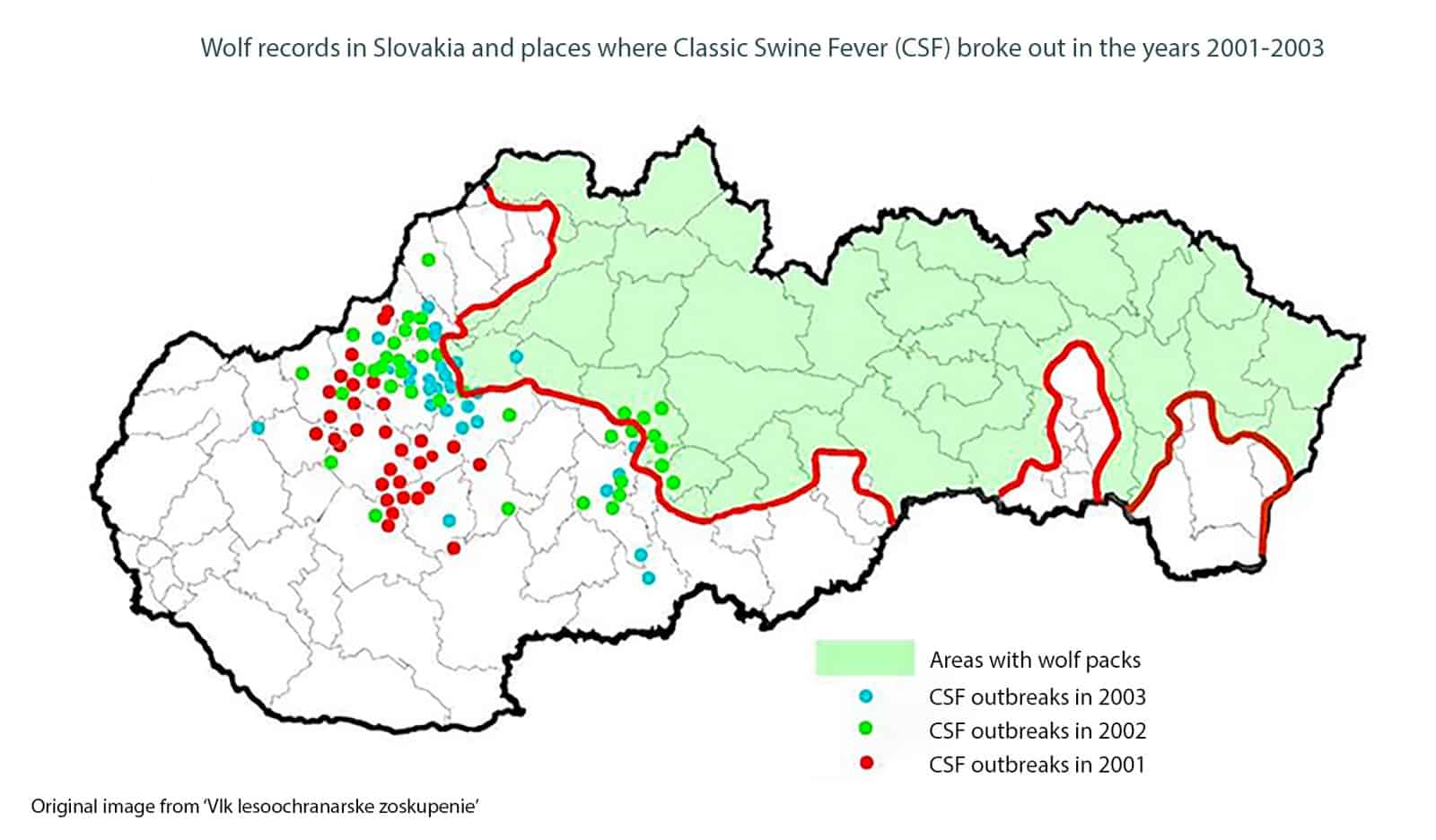
Spanish wolf reputation
The study focused on the Spanish Asturias region, where people still hunt and poach wolves indiscriminately. Reducing conflict between wolves and livestock owners through protection measures is difficult. Many livestock owners do not believe investing in proper protection measures results in less depredation. As a result, the Spanish wolf population is facing a threat for future existence. Experts even consider the Sierra Morena subpopulation as extinct. Yet, damage costs by wolves are barely a quarter of the annual expenses to eradicate tuberculosis is Asturias.
The impact of wolves on local wildlife appears thus to be much better than many believe. In terms of disease control, the scientists advice to consider the impact of wolves as an ally for farmers, instead of their enemy. If you are interested to read the full article, find it below.

